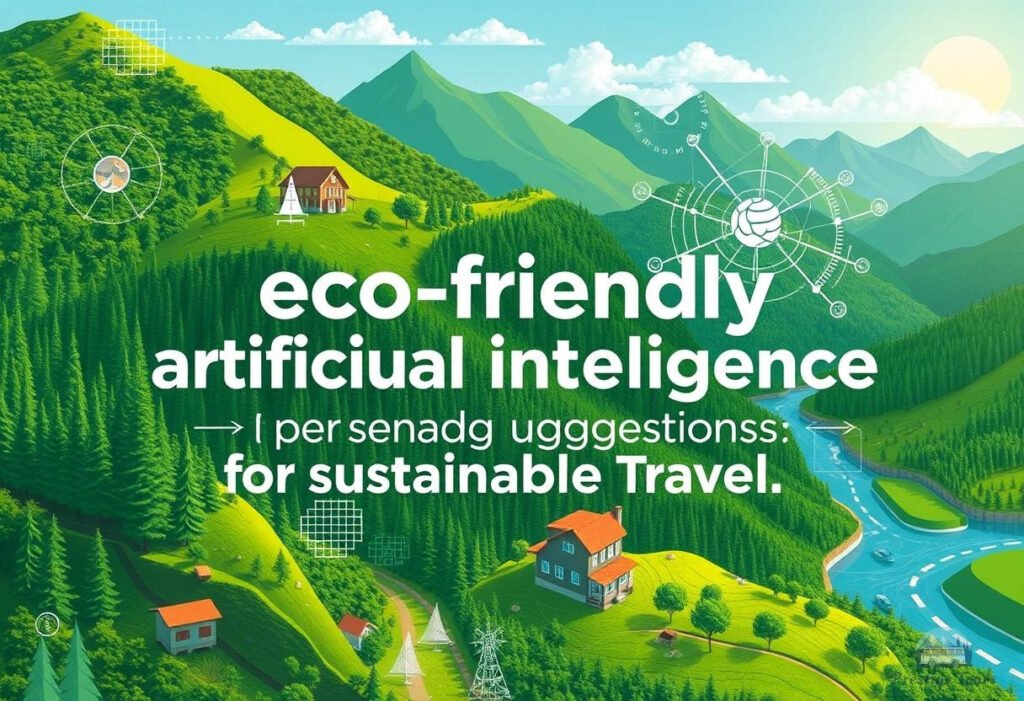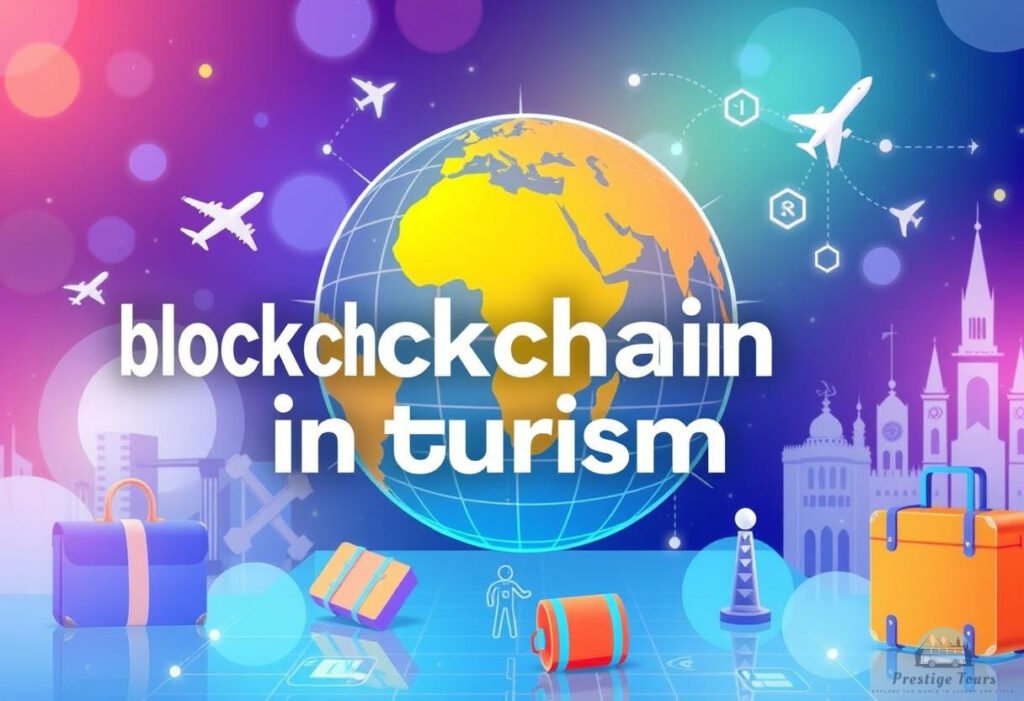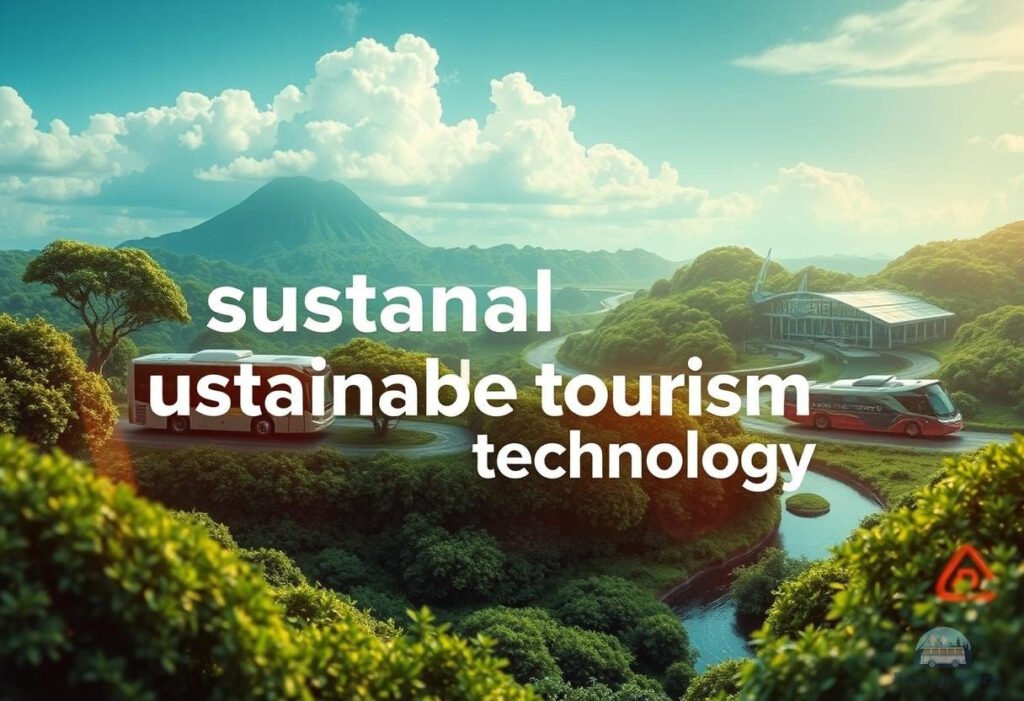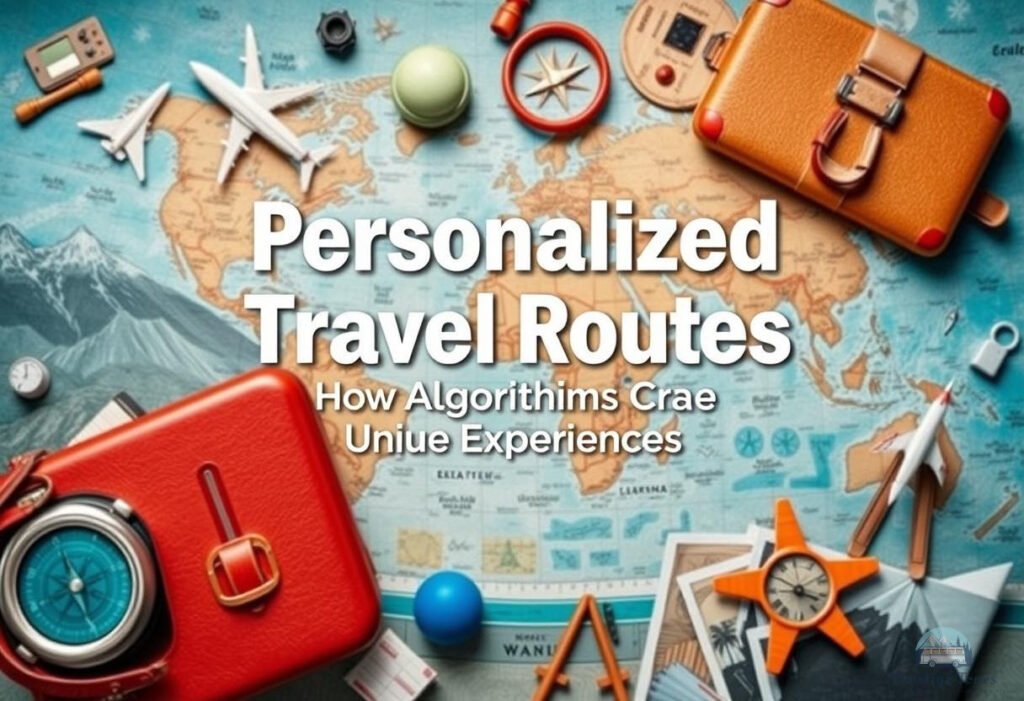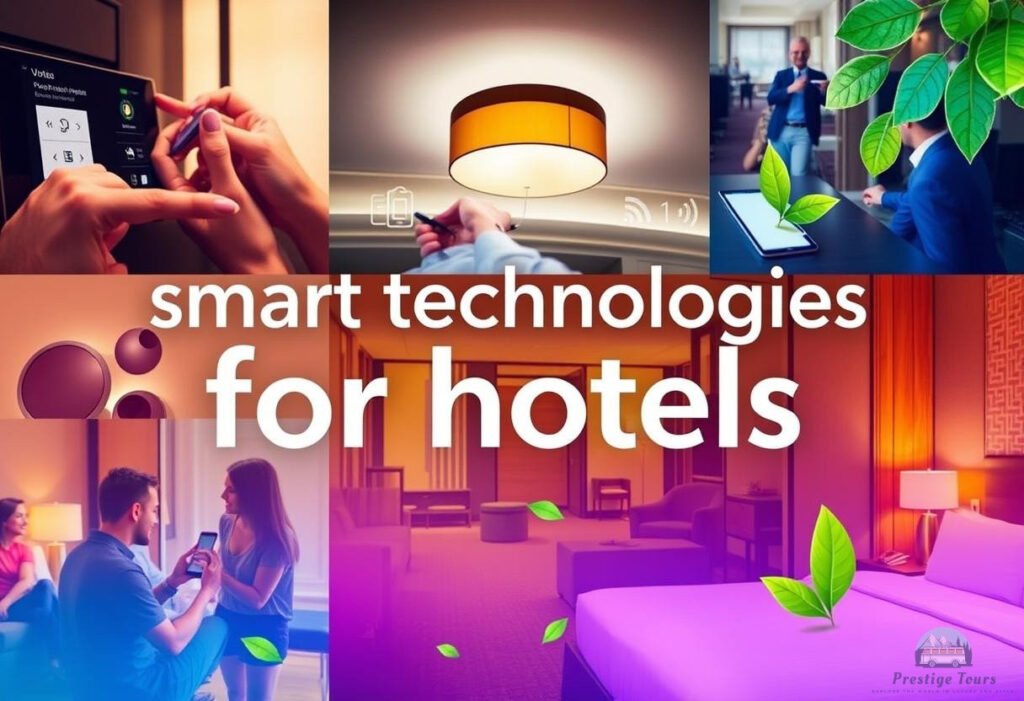Introduction
Artificial intelligence in tourism is raising the standards of personalized service to new heights. Travelers increasingly expect companies to tailor their offers to their unique preferences, creating a truly unique experience. In this context, AI is becoming an important tool for meeting customer needs and improving the efficiency of tourism services.
Application of AI in personalized tourism
Analysis of traveler preferences
Modern technologies allow for the efficient collection and analysis of data on user preferences. This may include:
- History of previous trips;
- Preferences in choosing places of residence;
- Customer feedback and rating data;
- Interests in leisure and entertainment.
Thanks to this analysis, companies can create personalized offers that will best meet the expectations of each traveler. Artificial intelligence in tourism helps to improve the match between customer requests and services provided.
Recommendations and creation of individual routes
Using AI to create customized itineraries opens up new possibilities for the travel industry. AI-powered systems can offer unique itineraries and recommendations based on an analysis of customer preferences. This improves the overall travel experience and avoids typical tourist traps.
Technologies and tools
Chatbots and voice assistants for tourists
Modern chatbots and voice assistants are becoming an integral part of personalized travel services. These tools provide travelers with the opportunity to receive quick answers to their questions, as well as recommend various services, such as:

- Restaurants and cafes;
- Local attractions;
- Transport and moving.
These systems are powered by artificial intelligence, which allows responses and recommendations to be tailored to the context and preferences of users.
Predictive analytics systems and their impact on travel choices
Predictive analytics systems are able to predict traveler preferences based on large amounts of data. They analyze customer behavior and can identify trends, allowing travel companies to plan special offers and marketing strategies in advance. This can include:
- Seasonal changes in preferences;
- Popular destinations among different categories of tourists;
- Backlog of orders and booking of services.
In this way, companies can more effectively meet customer needs and improve satisfaction levels.
The Future of Luxury Travel
The Potential of AI to Improve Customer Experience
Of course, artificial intelligence in tourism has great potential to improve customer experience. It can help not only in creating personalized offers, but also in optimizing logistics processes, ensuring uninterrupted service and optimizing costs. This, in turn, leads to increased customer loyalty and increased profits for travel companies.
Ethical and Social Aspects of AI Implementation in Tourism
However, the introduction of AI in tourism raises a number of ethical and social issues. The need to protect users’ privacy and ensure transparency in data analysis are key topics of discussion. The tourism industry must adhere to strict standards and ethical norms, ensuring that customers’ rights are protected and that technology is used fairly. For more information, you can refer to the research on the website UNWTO.




